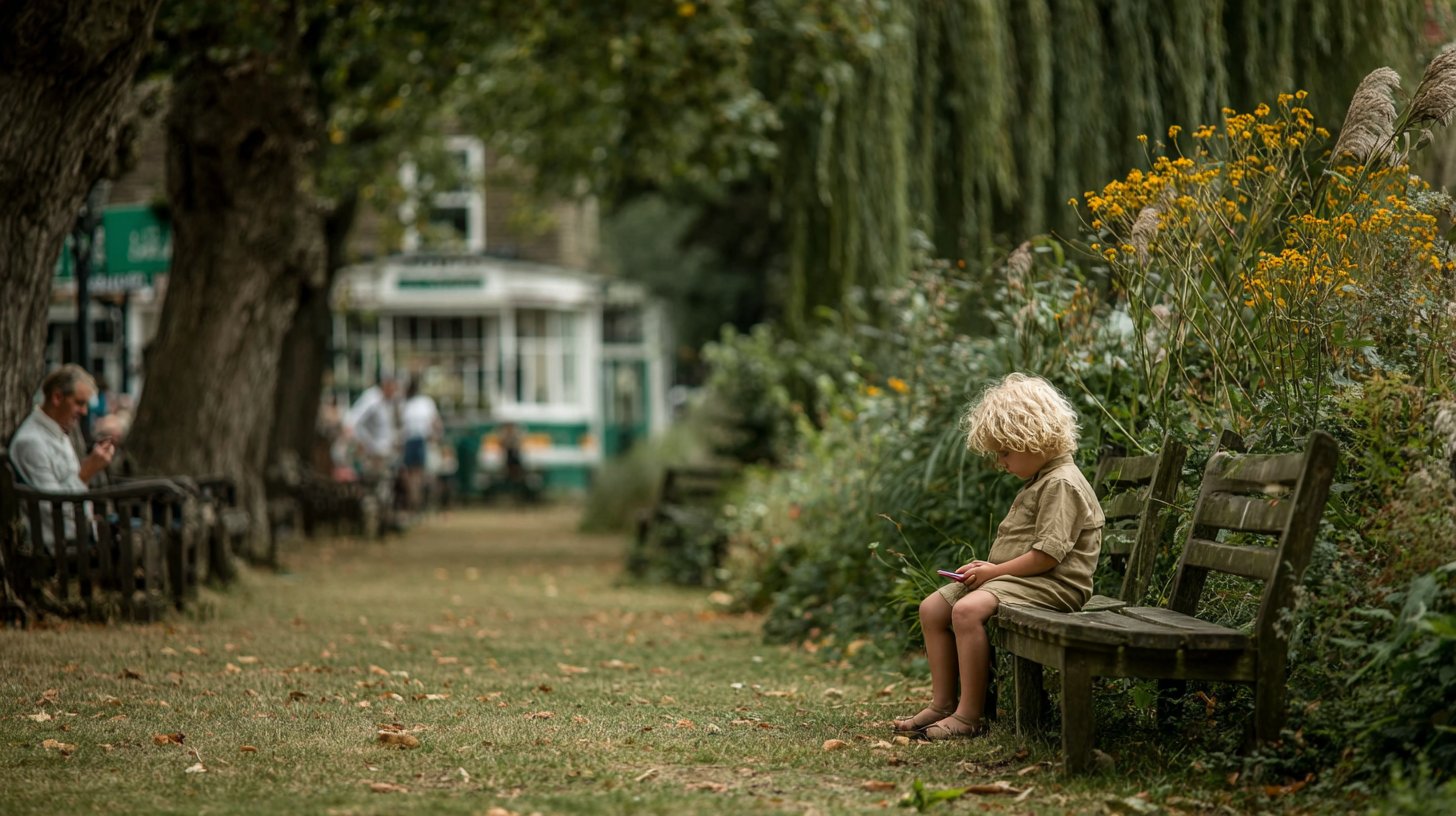Dangerous Habits of Parents

Parenting is one of the most challenging yet rewarding tasks in life. However, sometimes one's upbringing brings toxic habits that can unconsciously negatively affect children. In this article, you will learn how these patterns develop and what impact they can have on your children's growth.
A child's development is shaped by the early years in their family. Parents often feel pressured to instill the best values and behaviors in their children. This intention is admirable, but there are also unconscious behaviors that can cause emotional harm. Let's take a closer look at some of these toxic habits and find out how you can recognize and avoid them to create a healthy and supportive environment for your children.
Excessive Control
One of the most common toxic habits is the excessive control that parents exert over their children's lives. Decisions that children should make themselves can be left to their parents, resulting in a lack of self-confidence and independence. Children growing up in such environments often feel unable to make their own decisions because they are conditioned to let their parents tell them what to do. It is important here to find a balance: set clear boundaries, but encourage them to make their own decisions and learn from their mistakes.

Making Negative Comparisons
Another frequent pattern is the negative comparison with other children. If you constantly compare your child to siblings or friends, it can severely affect their self-esteem. Children are very sensitive and often perceive these comparisons as a lack of recognition. Instead, you should focus on promoting your child's individual strengths and making them feel valuable, regardless of external factors. Every person is unique, and it is essential to appreciate and promote this uniqueness.

Emotional Neglect
Emotional neglect is another toxic habit that is often overlooked. When parents are emotionally unavailable, whether due to stress, overwork, or other commitments, children can feel unloved and unwanted. This neglect can have profound effects on their emotional health. It is important to regularly spend time with your children, listen to them, and take their feelings seriously. An open ear and emotional support are crucial for healthy development.

These habits can easily go unnoticed and are often not immediately recognized. It requires brave self-reflection and the willingness to work on oneself to bring about positive changes. You may find yourself recognizing some of these behaviors. That’s okay, and it’s the first step towards improvement. The willingness to break down old patterns and find healthier alternatives can help foster a better relationship with your child.
Parenting is a process, not a goal. There is no perfect recipe, and every parent has their challenges. What’s important is that you consistently maintain contact with your child and work on their emotional warmth and trust. With love, patience, and understanding, you can help dismantle toxic habits and support your child in growing into a healthy, confident adult.
In today's fast-paced world, it is easier than ever to get lost in your own challenges. But remember, you are not alone. There are many resources and support systems available to help you achieve your parenting goals. Break the toxic chains, learn to grow internally, and watch your relationship with your child blossom. The willingness to make changes is the first step towards a healthier parent-child dynamic.
In summary, it is important to be aware of your own behavioral patterns. By working on these toxic habits, you not only create a more positive environment for your child but also for yourself. Parenting is not a competition; it is a wonderful journey to be enjoyed. Take joy in sharing this journey with your child and supporting them in their individuality.


